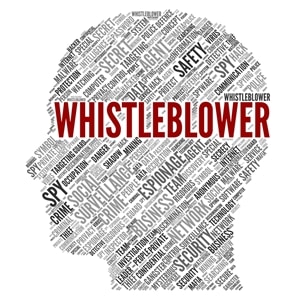Over the last couple weeks, we've been going over some of the telltale signs of a wrongful termination, so that employees who have lost their jobs can better identify whether their firings were fair and legal or completely illegitimate. In the case of the latter, disputing a wrongful termination isn't just your right but can also help you win your job back, or damages to compensate for the loss of wages and any emotional distress you may have undergone. We've covered some of this ground already, such as how a wrongful termination may be rooted in broken promises or public policy violations. Today, we'll cover one of the most commonly cited reasons for a wrongful termination: Workplace retaliation.
Retaliation is defined as an employer firing or otherwise acting discriminatorily toward an employee who engages in certain kinds of activities that are protected by the law. This may include filing a complaint to your supervisor or your company's Human Resources department about suffering harassment at work, or notifying (also called "whistleblowing") agencies like the Occupational Safety and Health Administration or Equal Employment Opportunity Commission of persistent safety or health hazards in the workplace.
Being fired for any of these actions is illegal. But for a valid wrongful termination complaint to hold any weight, you need to be able to prove that your participation in these legally-protected activities was what prompted your employer's response in the first place. You also need to be able to prove that their response had a detrimental effect on your work life — if not firing you, then passing you over for a promotion or giving you an undeserved negative evaluation.
If you believe you might have a wrongful termination case on your hands, schedule an appointment with the free consultation lawyers of The Meyers Law Firm to go over your options and determine your next steps.

